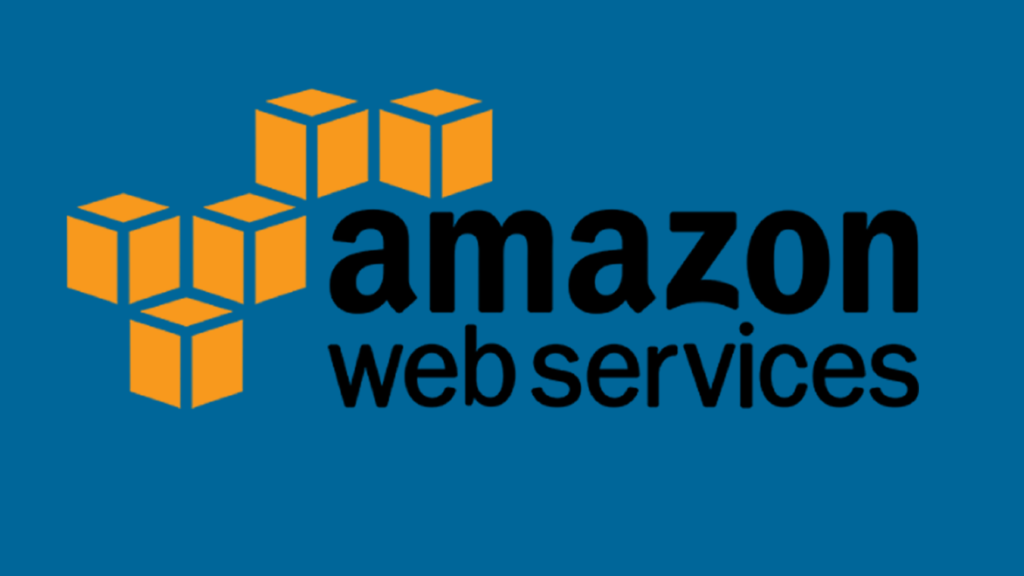Amazon Web Services (AWS) is a comprehensive cloud computing platform that provides a wide range of services to individuals and businesses. Some of the most popular resources in AWS are:
EC2 (Elastic Compute Cloud): It is a web service that provides resizable compute capacity in the cloud. Users can launch and manage virtual machines, known as instances, in a variety of configurations.
S3 (Simple Storage Service): It is a scalable object storage service that allows users to store and retrieve data from anywhere on the web. It is designed to provide 99.999999999% durability and 99.99% availability.
RDS (Relational Database Service): It is a fully managed database service that makes it easy to set up, operate, and scale a relational database in the cloud. It supports various database engines like MySQL, PostgreSQL, Oracle, and Microsoft SQL Server.
Lambda: It is a serverless computing service that allows users to run code without provisioning or managing servers. Users can upload their code and AWS will automatically execute it in response to triggers like changes in data, messages, or user requests.
CloudFront: It is a content delivery network (CDN) that delivers data, videos, applications, and APIs to users globally with low latency and high transfer speeds.
IAM (Identity and Access Management): It is a web service that helps users securely control access to AWS resources. It allows users to create and manage users and groups, assign permissions, and set up multi-factor authentication.
Route 53: It is a scalable and highly available DNS service that can route users to AWS services or external resources.
These are just a few examples of the popular resources available in AWS. AWS has over 200 services, and users can pick and choose the ones that best fit their needs.
How can AWS EC2 replace my current infrastructure?
AWS EC2 can be used to replace your current infrastructure by providing a scalable and flexible cloud computing environment. Here are some ways EC2 can replace your current infrastructure:
Virtual Machines: EC2 provides virtual machines (instances) that can run various operating systems, applications, and services. You can use EC2 instances to replace your physical servers or virtual machines running on your local hardware.
Scalability: With EC2, you can easily scale your infrastructure up or down based on your business needs. You can add or remove instances based on demand, and you can also choose instance types that provide more processing power, memory, or storage.
High Availability: EC2 provides a high availability infrastructure that can help ensure your applications and services are always available. You can use features like auto-scaling, load balancing, and Amazon Elastic Block Store (EBS) to ensure your infrastructure is always running and data is always available.
Security: EC2 provides various security features like Virtual Private Cloud (VPC), Security Groups, and Network Access Control Lists (ACLs) that can help secure your infrastructure. You can control access to your instances, encrypt your data, and monitor your infrastructure for any security issues.
Cost Savings: By using EC2, you can save on infrastructure costs like hardware, maintenance, and energy. You only pay for what you use, and you can choose instance types and pricing options that fit your budget.
Overall, EC2 can provide a highly scalable, secure, and cost-effective infrastructure that can replace your current infrastructure. However, it’s important to plan and design your infrastructure properly to ensure a smooth transition to the cloud.
Is AWS S3 a better solution than other cloud storage solutions and why?
AWS S3 (Simple Storage Service) is one of the most popular and widely used cloud storage solutions, but whether or not it’s better than other cloud storage solutions depends on a variety of factors. Here are some reasons why S3 may be a better solution for your storage needs:
Scalability: S3 is highly scalable and can store virtually unlimited amounts of data, making it ideal for businesses that need to store large amounts of data.
Durability and Availability: S3 is designed to provide 99.999999999% durability and 99.99% availability, ensuring that your data is always accessible and secure.
Cost-Effective: S3 offers several pricing options based on the amount of data stored, the frequency of access, and the type of data being stored. This allows you to choose the most cost-effective storage solution for your business needs.
Integrations: S3 integrates with a wide variety of AWS services, making it easy to use and integrate with other AWS services.
Security: S3 provides several security features, including access control, encryption, and logging, making it a secure solution for storing sensitive data.
While S3 has many benefits, there may be other cloud storage solutions that are better suited to your business needs depending on factors like cost, storage capacity, and security requirements. Ultimately, it’s important to evaluate different cloud storage solutions and choose the one that best fits your business needs.
What is AWS Lambda and how can it be of value to my business model?
AWS Lambda is a serverless computing service provided by Amazon Web Services (AWS). It enables you to run your code without having to manage or provision servers. AWS Lambda automatically scales your applications in response to incoming requests, ensuring that you only pay for the computing resources that are actually used.
AWS Lambda can be of value to your business model in the following ways:
Cost Savings: AWS Lambda allows you to pay only for the computing time that you consume, which can result in significant cost savings compared to traditional server-based computing models. This is especially useful for businesses that experience fluctuating traffic patterns or workloads.
Increased Flexibility: AWS Lambda supports multiple programming languages and provides a wide range of integrations with other AWS services, which makes it a flexible and versatile solution for a wide range of business use cases.
Faster Time to Market: By leveraging AWS Lambda, businesses can develop and deploy their applications faster than with traditional server-based models. This is because they don’t have to spend time provisioning or managing servers, which can slow down the development process.
Improved Scalability: AWS Lambda automatically scales your application in response to incoming requests, which ensures that your application can handle sudden spikes in traffic without the need for manual intervention.
Reduced Operational Overhead: With AWS Lambda, businesses don’t have to worry about the operational overhead associated with managing servers. This means that they can focus more on developing their applications and less on infrastructure management.
Overall, AWS Lambda can be a valuable tool for businesses looking to improve their application development and deployment processes, reduce costs, and increase scalability and flexibility.




